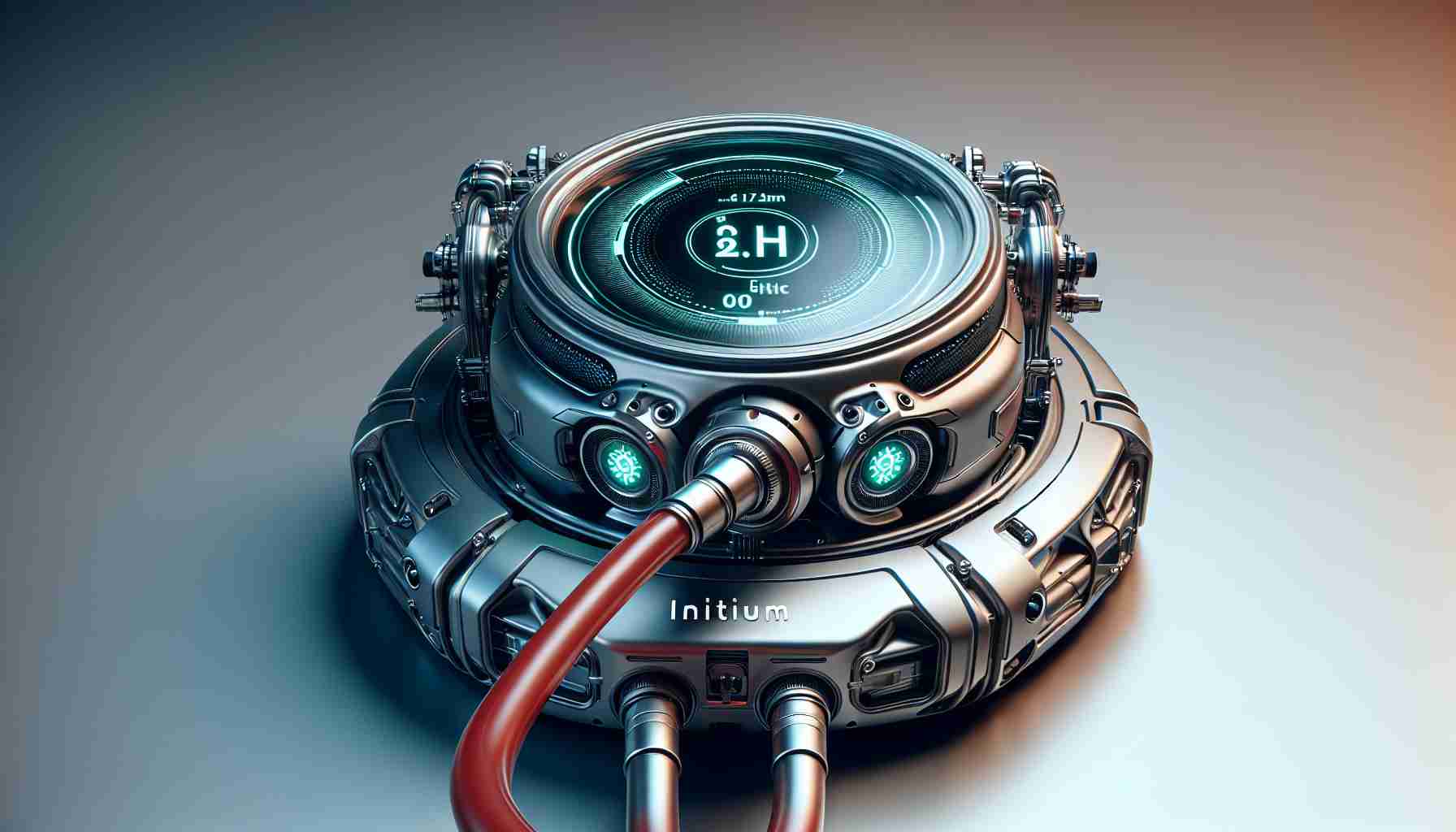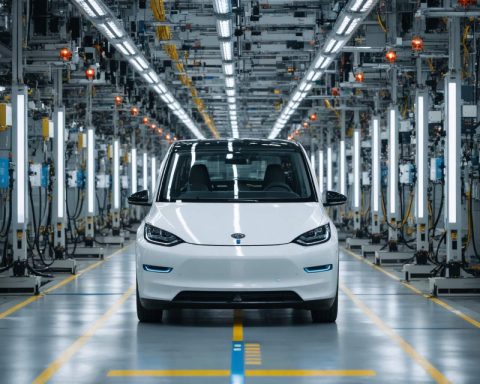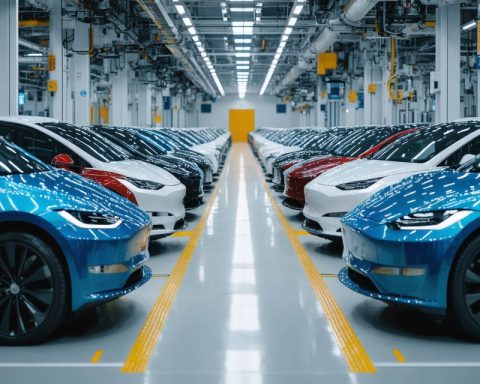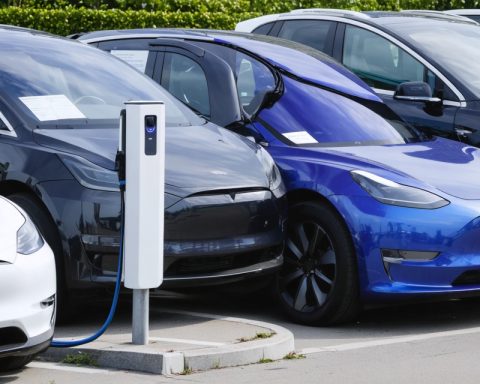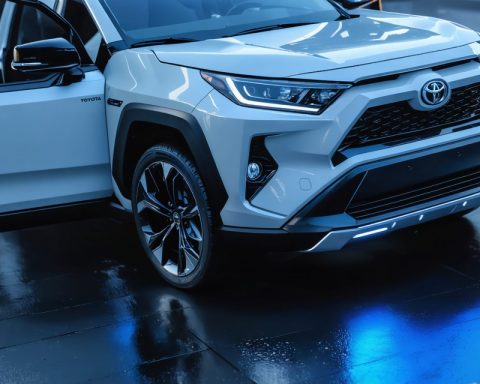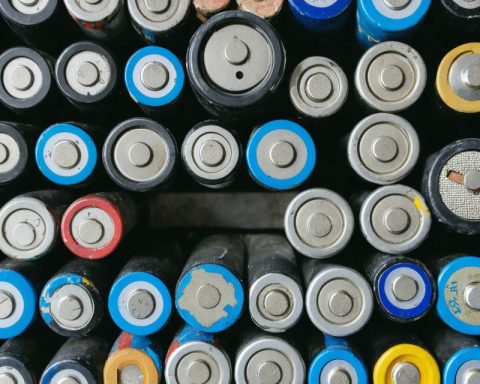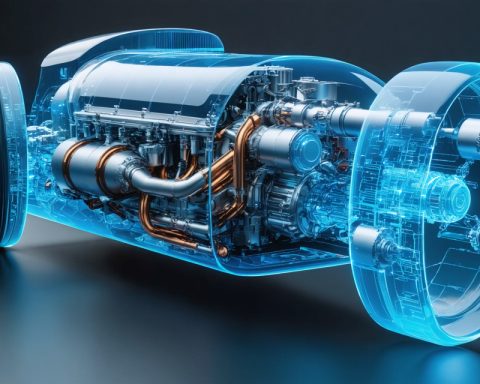In a bold move forward, Hyundai Motor Company has unveiled the INITIUM hydrogen fuel cell electric vehicle (FCEV) concept, signaling its unwavering commitment to a cleaner, hydrogen-powered era. Presented at the “Clearly Committed” event in Goyang, South Korea, this innovative concept car represents Hyundai’s ambitious stride toward zero emissions, setting the stage for the launch of a hydrogen-powered SUV by 2025.
A Visionary Design: Hyundai’s ‘Art of Steel’
The INITIUM exemplifies Hyundai’s latest design ethos, known as the ‘Art of Steel.’ This philosophy merges sleek, sturdy lines with an industrial appeal, creating a vehicle that promises both sophistication and strength. According to Hyundai’s Head of Global Design, the concept masters the delicate balance of solid aesthetics, making it perfect for diverse environments from urban roads to rugged landscapes.
Unmatched Performance Meets Everyday Versatility
Beyond its striking appearance, the INITIUM brings an impressive array of features. With a range surpassing 650 kilometers and enhanced acceleration from its powerful fuel cell technology coupled with a 150 kW electric motor, the vehicle stands as a testament to Hyundai’s engineering prowess. Inside, the spacious layout is designed to accommodate families, while the generous cargo space adds to its versatility.
Driving the Hydrogen Movement Forward
With over 27 years invested in hydrogen technology, Hyundai is determined to lead the charge towards sustainable transportation solutions. The INITIUM exemplifies this pursuit, boasting innovative features like a smart route planner for hydrogen refueling and the environmentally friendly V2L system, which permits the vehicle to power household devices on the go. As Hyundai gears up for the international debut of INITIUM at major auto shows, the company remains a steadfast champion of hydrogen as a viable, clean energy source for future generations.
Hydrogen Power: Revolutionizing the Automotive World and Beyond
The unveiling of Hyundai’s INITIUM hydrogen fuel cell electric vehicle (FCEV) has set the automotive industry abuzz, yet the wider implications of this hydrogen-powered technology extend beyond just the realm of vehicles. As the world grapples with climate change and pollution, hydrogen fuel cells are emerging as a crucial component in the global shift towards more sustainable energy sources.
The Broader Impact of Hydrogen Technology
While the INITIUM concept itself is a marvel, the real excitement lies in what widespread adoption of hydrogen technology could mean for various industries and communities. Unlike electric vehicles powered solely by batteries, hydrogen vehicles fill up quickly and offer longer ranges without the need for consistent, high-capacity electric charging infrastructure. This is particularly transformative for remote and underserved regions where such infrastructure is lacking.
Economic and Environmental Benefits
Hydrogen fuel not only promises cleaner transportation but also has the potential to revolutionize other sectors such as home heating, industrial processes, and long-term energy storage. As countries strategize on reducing their carbon footprints, hydrogen’s versatility as an energy source can provide significant economic advantages, offering new opportunities in green job creation and technological advancements.
Hydrogen production, though currently dependent on natural gas, has the potential to pivot towards greener methods, such as electrolysis powered by renewable energy. This shift could stimulate growth in the renewable energy sector, compounding the environmental benefits.
Controversies and Challenges
Despite its promise, hydrogen technology is not without controversy. Critics point to the energy-intensive processes required to produce hydrogen and the need for significant infrastructure investment to make hydrogen fuel stations ubiquitous. Moreover, the question of whether hydrogen should complement or compete with battery electric technology is hotly debated.
Questions and Future Considerations
What are the hurdles in adopting hydrogen fuel cells on a larger scale, and how can they be addressed? Are the economic incentives strong enough to spearhead a global shift towards hydrogen? As Hyundai and other automotive giants explore these questions, it will be crucial to balance technological advancements with environmental and societal needs.
The discussion extends to whether hydrogen solutions can offer a feasible alternative for industries beyond transportation, such as agriculture and construction, which are poised to benefit from cleaner energy solutions.
Conclusion
The introduction of the INITIUM serves as a fascinating entry point into the larger narrative of clean energy evolution. As Hyundai pushes forward, many will be watching closely to see how hydrogen vehicles can change the automotive landscape—and perhaps, how they might change the world.
For those interested in more details about hydrogen technology and its applications, visit the Hyundai Motor Company’s website.
This is a pivotal moment in the history of clean energy, and with continued support and innovation, hydrogen may unlock a cleaner, brighter future for us all.
